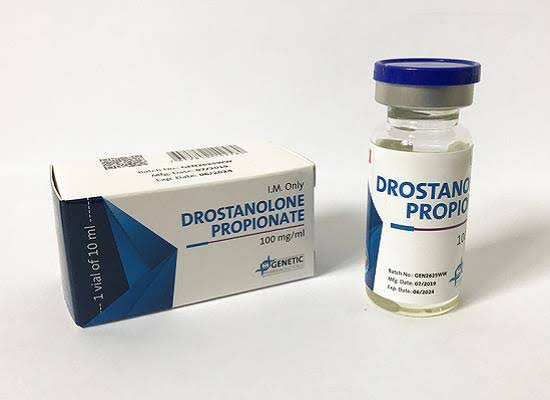Weight loss surgery has become a common option for those struggling with obesity. This type of surgery can offer a path to better health by aiding in significant weight reduction. It is important to understand the types, benefits, and risks associated with these procedures. weight loss surgery can lead to improved health outcomes, such as lower blood pressure and reduced risk of diabetes. Each type of surgery, like gastric bypass or sleeve gastrectomy, has unique benefits and potential risks. These procedures can lead to complications and require significant lifestyle changes. It’s crucial to weigh these factors before making a decision. By gaining clear insights into each type of surgery, you can make informed choices. This blog will outline the different types of weight loss surgery, highlight the positive impacts on health, and discuss any potential complications. Understanding these key points will help in navigating the complex world of weight loss surgery.
Types of Weight Loss Surgery
Weight loss surgery comes in various forms, each designed to tackle obesity in a different way. Here are the three most common types: – **Gastric Bypass**: This procedure involves creating a small pouch from the stomach and connecting it directly to the small intestine. This bypasses most of the stomach and part of the digestive tract, reducing calorie absorption. – **Sleeve Gastrectomy**: In this surgery, a large portion of the stomach is removed, leaving a smaller, tube-shaped stomach. This limits the amount of food you can eat and helps reduce hunger-promoting hormones. – **Adjustable Gastric Band**: An inflatable band is placed around the upper part of the stomach to create a small pouch. This restricts the amount of food the stomach can hold.
Benefits of Weight Loss Surgery
Weight loss surgery often results in dramatic health improvements and lifestyle benefits, including: – **Significant Weight Loss**: Many people lose between 50-70% of their excess weight within two years. This can be life-changing for those who have struggled with obesity for years. – **Improved Health Conditions**: Weight loss surgery can help alleviate many obesity-related conditions. These include type 2 diabetes, high blood pressure, and sleep apnea. – **Enhanced Quality of Life**: Beyond physical health, weight loss surgery often leads to increased energy, better mobility, and improved mental health.
Risks and Considerations
While the benefits are compelling, it is important to consider potential risks: – **Surgical Complications**: As with any surgery, risks include infection, blood clots, and adverse reactions to anesthesia. – **Nutritional Deficiencies**: Because these surgeries affect how your body absorbs food, you may need to take long-term vitamin and mineral supplements. – **Lifestyle Adjustments**: Surgery is just one part of the journey. Maintaining weight loss requires significant lifestyle changes, including diet and exercise habits.
Comparison Table: Types of Weight Loss Surgery
| Surgery Type | Procedure | Benefits | Risks |
| Gastric Bypass | Creates a small stomach pouch connected to the small intestine | Significant weight loss, improvement in obesity-related conditions | Potential for dumping syndrome, more complex surgery |
| Sleeve Gastrectomy | Removes a large part of the stomach | Less complex than bypass, no foreign objects | Permanent, risk of nutritional deficiencies |
| Adjustable Gastric Band | Band placed around upper stomach | Less invasive, adjustable | Foreign object in body, possible need for future surgeries |
Making an Informed Decision
Choosing to undergo weight loss surgery requires careful thought and discussion with healthcare providers. Consider the following when making your decision: – **Consult Healthcare Professionals**: Speak with doctors and nutritionists to understand the best option for your needs. – **Research**: Look at reliable sources like the National Institutes of Health and Centers for Disease Control and Prevention for more information. – **Support Systems**: Ensure you have a strong support network of family and friends, as emotional and physical support plays a vital role in success. In conclusion, weight loss surgery can be a transformative tool for achieving health goals. Understanding the types, benefits, and risks is the first step toward making an informed choice. Always weigh the options carefully and seek professional guidance to ensure a successful journey toward better health.






